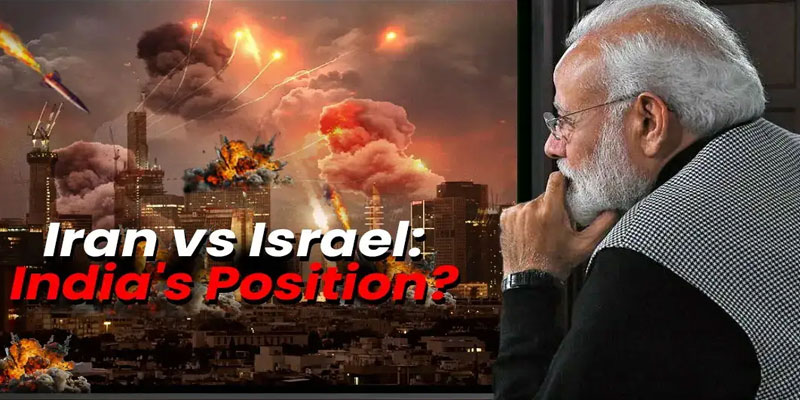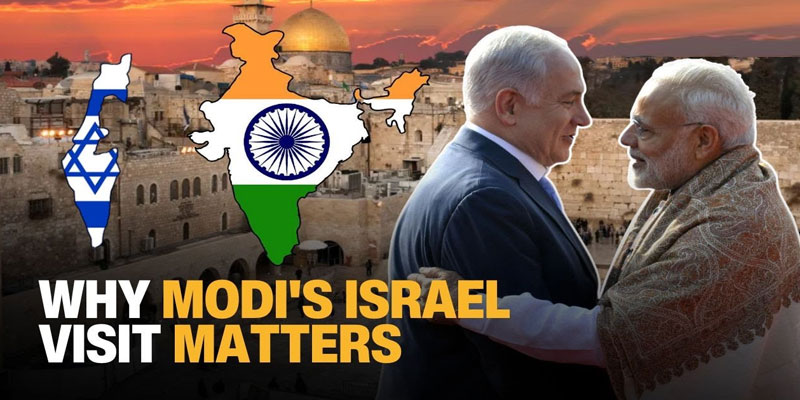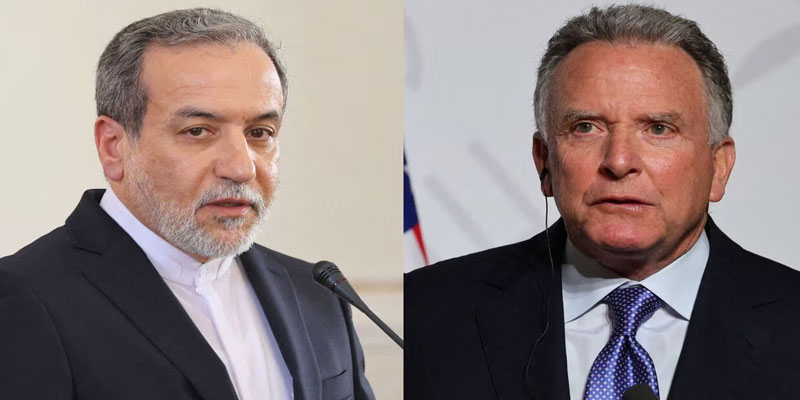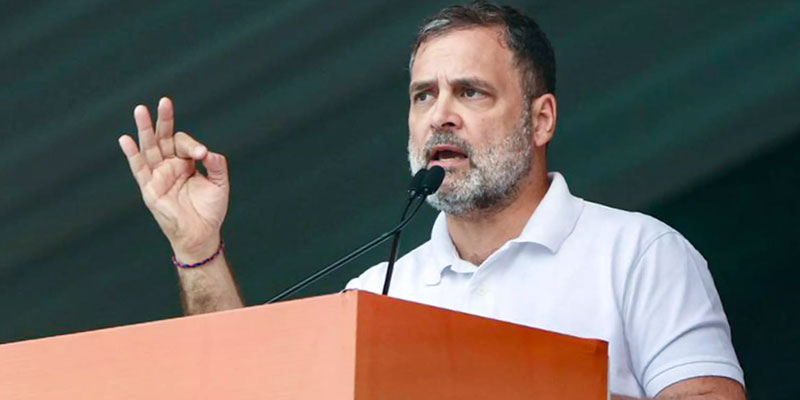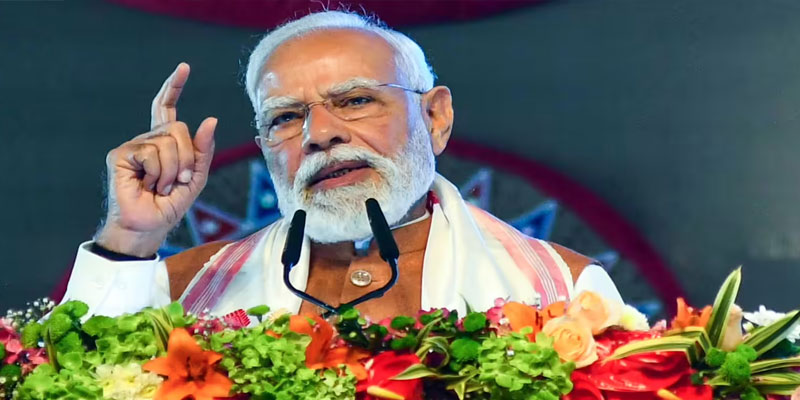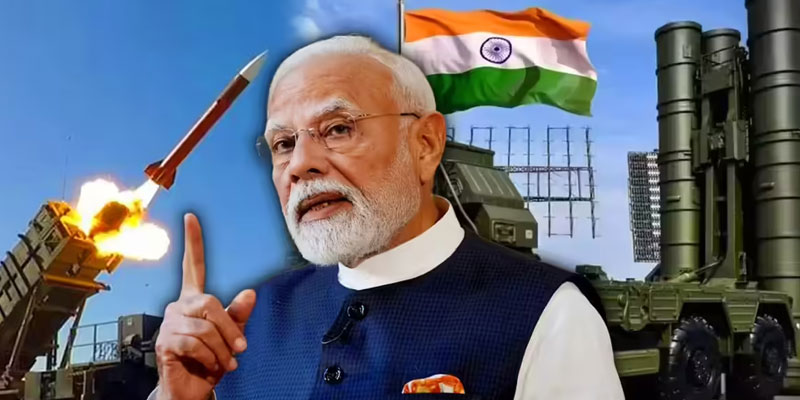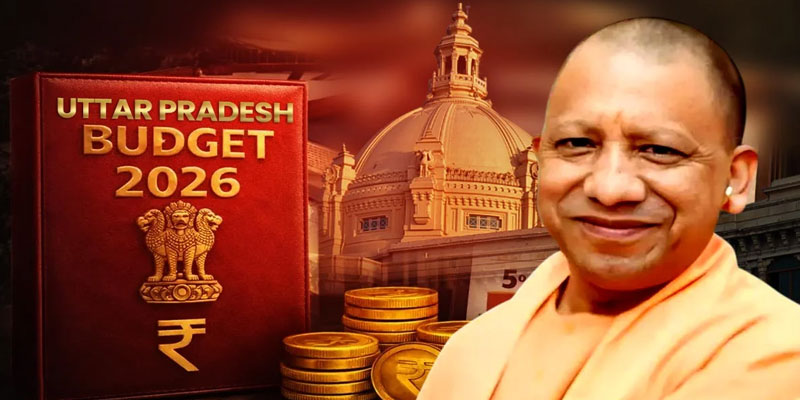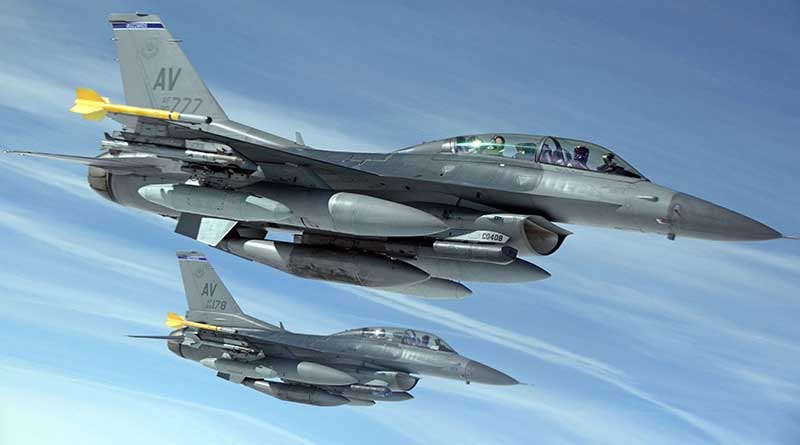Escalating Middle East Conflict Sparks Concern in New Delhi
As the specter of a full-scale war between Israel and Iran looms larger, India finds itself bracing for serious consequences — both economic and humanitarian. The conflict, now entering its fourth day since igniting on Friday, June 13, has already claimed over 220 lives in Iran, with devastating strikes from both sides.
While global leaders scramble to contain the firestorm, India is watching closely, with serious concerns over the safety of tens of thousands of Indian nationals in both countries, and the conflict’s impact on oil prices, trade routes, and the aviation sector.
The Spark Behind the Tensions
The current round of hostilities between Israel and Iran began with Iran launching deadly missile strikes, to which Israel responded by targeting Iran’s far-reaching military sites, including a dramatic attack in Mashhad — 2,300 km from Israeli borders. Among the high-profile casualties were three top Iranian generals, including General Mohammad Kazemi, head of Iran’s Revolutionary Guard intelligence.
Tehran, in turn, retaliated by firing hypersonic missiles at Israeli cities including Tel Aviv and Haifa, resulting in fires near power plants and visible military responses from Israeli defence systems. The regional flashpoint, long simmering, is now threatening to spill over into a wider regional crisis — with India potentially caught in the economic crosswinds.
Indians at Risk: Citizens Caught in Crossfire
India has significant diaspora presence in both Israel and Iran. Approximately 20,000 Indian nationals live in Israel, including students and workers. Additionally, 85,000 Jews of Indian origin call the country home. In Iran, nearly 11,000 Indians, including professionals, traders, and students, are currently residing.
While the Indian embassy in Israel has confirmed the safety of its citizens and set up 24/7 helplines, the situation in Iran appears more precarious. The Ministry of External Affairs has so far avoided a full evacuation, opting instead to relocate students to safer zones.
Oil Shockwaves: Brent Prices on the Rise
One of the most immediate impacts of the Israel-Iran conflict is on crude oil prices, which spiked 1.24% on June 16, with Brent crude reaching $75.14 per barrel. Although India has not imported oil from Iran in recent years due to US sanctions, the larger threat lies in the potential disruption of the Strait of Hormuz.
This narrow waterway — between Iran and the Arabian Peninsula — is the artery for 20% of the world’s oil supply. Any military activity in this region could derail shipments from Iraq, Saudi Arabia, and the UAE — India’s key oil suppliers. A prolonged conflict could mean higher fuel prices, rising inflation, and increase fiscal pressure on the Indian economy.
Trade Routes in Jeopardy
A regional war would likely make the Red Sea route inaccessible, forcing cargo ships to take the longer Cape of Good Hope route around Africa. Such detours add weeks to shipping time and significantly inflate freight costs. India previously experienced this during the Houthi attacks on Red Sea cargo vessels, which led to higher shipping rates and strained global supply chains.
India’s combined trade volume with Iran and Israel is worth around $5 billion annually. Disruption in maritime movement and port access would hit key exports, delay imports, and potentially stall critical sectors like pharmaceuticals, chemicals, and electronics.
Aviation Takes a Hit
Airspace closures in Iran and Israel are already disrupting international flights, with ripple effects on Indian carriers. Delhi airport confirmed that while operations are stable, flights to and over West Asia are being rescheduled or diverted. Air India alone has diverted over a dozen flights, and the situation remains fluid.
These diversions not only increase travel time and fuel costs but also place additional stress on the aviation industry's post-pandemic recovery. Longer routes also impact cargo flights, leading to a secondary hit on India’s export logistics.
Expert Opinion: Risk Is Real, But Impact Manageable for Now
While fears of escalation persist, most economic experts believe that unless the conflict spills into a wider regional war, India’s macroeconomic stability will help it weather the storm.
Ajay Bagga, a noted market analyst, said, “Two countries, separated by 700 km, are causing a global risk-off sentiment. But, like with the Gaza conflict, markets will likely move on as the boundaries of escalation become clear.”
A senior Indian official echoed this sentiment, stating that India’s robust forex reserves, diversified energy imports, and resilient financial institutions place it in a better position to absorb global shocks than in previous decades.
India Must Prepare for Unpredictable Ripples
The Israel-Iran conflict may seem geographically distant, but its shockwaves are already lapping at India’s shores. With citizens at risk, oil prices inching upward, trade routes under threat, and flight paths redirected, New Delhi must be ready for a worst-case scenario.
While the economic hit may be manageable in the short term, a drawn-out or expanded conflict could test India’s energy security, diplomatic agility, and logistical resilience.
India’s challenge is not just to respond — but to stay ahead of the crisis, diplomatically shielding its interests while ensuring the safety of its people abroad. In a world increasingly shaped by distant conflicts, India’s readiness will define its strength.
(With agency inputs)


